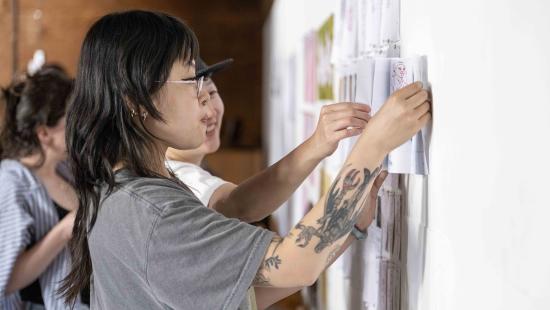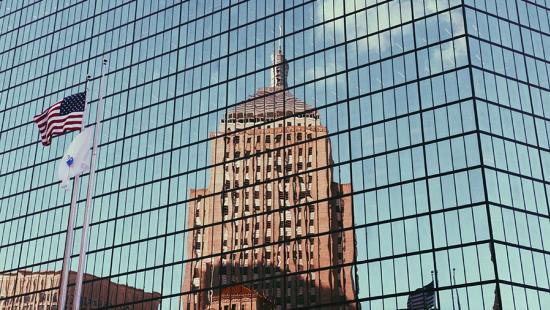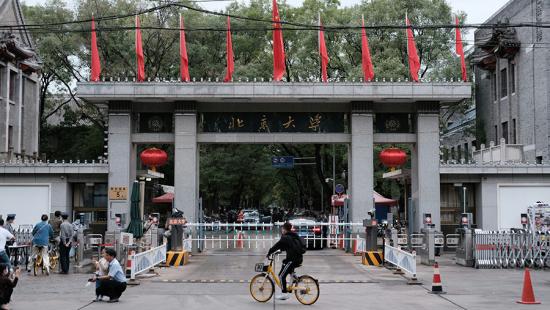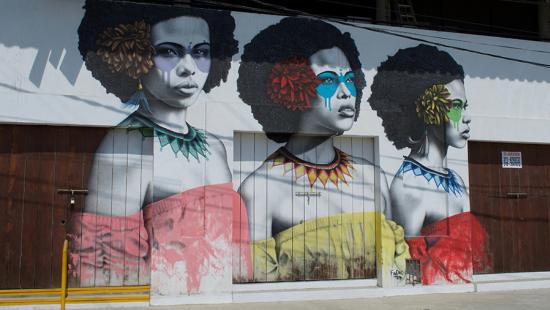Events
-

10/18–1/10 M.F.A. Image Text Virtual Info Sessions 2025
Learn more about the M.F.A. in Image Text from codirectors Nicholas Muellner and Catherine Taylor, former faculty guest speakers, and current students.
-

11/15–3/6 Erika Ranee: I Don't Like to Draw
Art Visiting Critic and Fall 2025 Teiger Mentor in the Arts Erika Ranee presents paintings that merge abstraction and autobiography, redefining drawing as an intuitive, liberating act of mark-making and memory at Brattleboro Museum and Art Center.
-

12/11–2/4 AAP Engagement Impact Grant Virtual Informational Sessions
Attend an informational session about the AAP Engagement Impact Grants available to faculty and students in spring 2026.
-

1/30 Thomas J. Campanella: Designing the American Century — How Two Cornellians Changed the Face of Urban America
CRP Professor Thomas J. Campanella highlights how Cornell-trained landscape architects Gilmore D. Clarke and Michael Rapuano transformed the modern American metropolis through visionary public works.
-

3/6 Sainan Lin: From Redevelopment to Co-Production — Urban Renewal and Community Governance in China
Guest Professor Sainan Lin examines China's shift from state-led redevelopment to collaborative urban renewal, using Wuhan’s Jianghanli Community as a case study.
-

3/13 Erin Benay: Sharing the Same Park Bench — Art as Urban Development in the Rust Belt
Attend a lecture with art historian Erin Benay on how murals shape community, memory, and social change through public art and activism.
-

3/26–3/27 Unearthing the Earth: Architectural Histories of Extractivism
Submit an abstract to this HAUS-hosted symposium asking: how do we historicize extractivism's long dureé from the perspective of architectural history?



